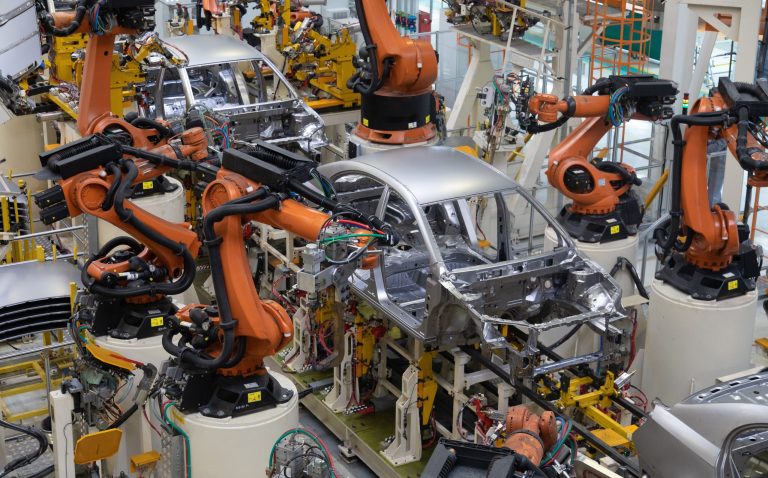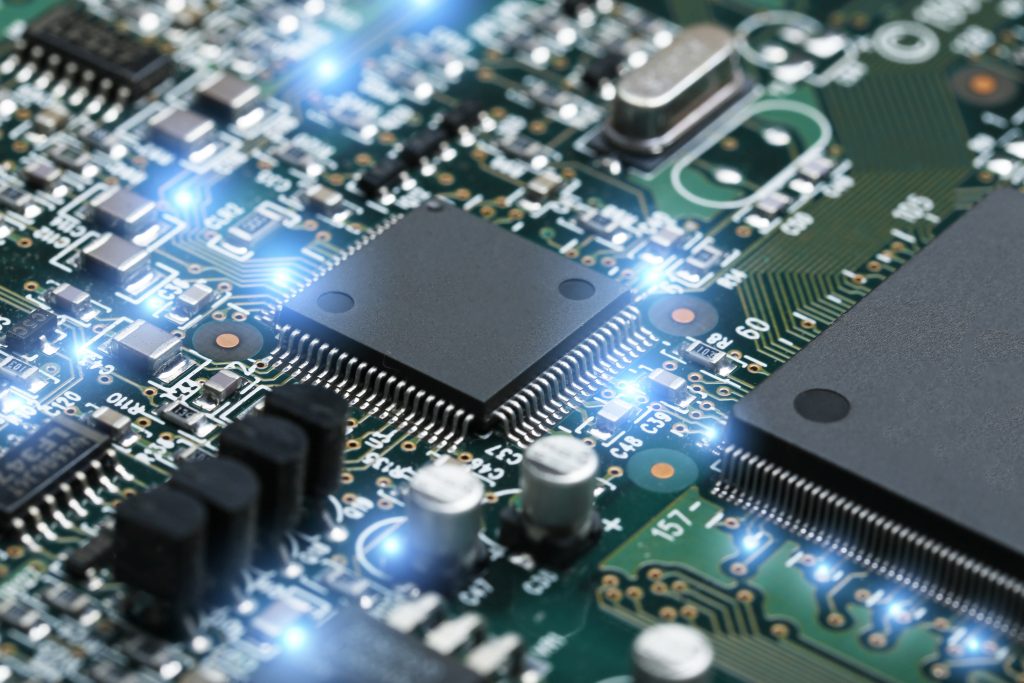Aluminium And Application
Aluminum is widely used in various industries due to its lightweight, strength, corrosion resistance, and recyclability. Custom aluminum products find applications across a board spectrum of industry.
Here are some key applications

Automotive and Aerospace
Creating lightweight and durable components for the future of transportation.

Construction and Architecture
Creating Timeless Beauty.

Electronics and Consumer Goods
Creating innovative solutions for a connected world.

Marine and Other Niche Industries
Providing specialized solutions for unique challenges.
These applications demonstrate the versatility of aluminum across different sectors, making it a critical material in modern technology and infrastructure.
Aluminum offers several benefits that make it a highly valued material across various industries
LIGHTWEIGHT
- Aluminum is about one-third the weight of steel, making it ideal for applications where reducing weight is crucial, such as in transportation and aerospace industries. Despite being lightweight, aluminum has excellent strength, especially when alloyed with other metals, making it suitable for structural applications.
CORROSION RESISTANCE, STANDING STRONG AGAINST TIME
- Aluminum naturally forms a protective oxide layer when exposed to air, preventing corrosion and making it highly durable, especially in harsh environments.
- The superior corrosion resistance and durability of aluminum ensure that your structures remain resilient against the effects of weather and the environment. You no longer have to worry about deterioration, rust, or termites, ensuring that your projects retain their beauty and value over time.
RECYCLABILITY
- Aluminum is 100% recyclable without losing its properties. Recycling aluminum requires only about 5% of the energy needed to produce new aluminum from raw materials, making it environmentally friendly.
THERMAL AND ELECTRICAL CONDUCTIVITY
- Aluminum is an excellent conductor of electricity and heat, making it ideal for use in electrical transmission lines, heat exchangers, and electronics.
MALLEABILITY AND DUCTILITY
- Aluminum can be easily formed into a wide range of shapes through processes like rolling, extrusion, and forging, allowing for versatile design and manufacturing options.
NON-TOXIC AND SAFE
- Aluminum is non-toxic, which makes it suitable for use in food packaging, cooking utensils, and medical applications. It doesn’t release harmful substances, ensuring consumer safety.
COST-EFFECTIVE
- Given its abundance and the efficiency of recycling processes, aluminum is relatively cost-effective compared to other metals like copper or titanium, especially in large-scale applications.
These benefits contribute to aluminum’s widespread use in industries ranging from transportation to electronics and consumer goods.
